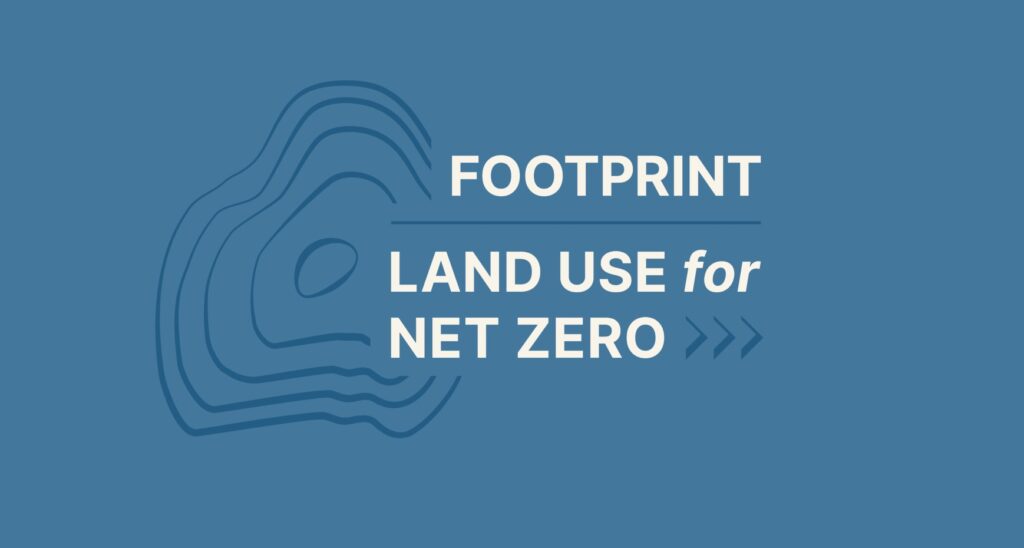The publication successes continue in CCRI with a further two articles accepted late last week. This brought the total to five articles in as many days.
Building on a paper published last year with colleagues Julie Ingram and Lucy Clark, PhD student Kamilla Skaalsveen is lead author on a paper entitled ‘The role of farmers’ social networks in the implementation of no-till farming practices’. The paper is another output stemming from her recently completed PhD which assessed the impact of farming practices on soil functions. Her work sought to identify the benefits for soil, water quality and the farm business. Kamilla recently returned back to Norway and her job within the Norwegian Institute of Bioeconomy Research (NIBIO).
The paper, which is co-authored by CCRI colleagues Julie Ingram and Julie Urquhart draws on network science and uses a Social Network Analysis to understand how farmer’s social networks affects the implementation of no-till farming practices in England. Kamilla continues “this paper is my second as lead author and a part of my interdisciplinary PhD project. The paper aims to provide an in-depth understanding of the role of information networks of farmers in the transition from conventional to no-till farming. It has been a great experience travelling around England to conduct interviews and and map the networks of the 16 enthusiastic and knowledgeable farmers who contributed to this work”.
The full reference for Kamilla’s paper is:
- Skaalsveen, Kamilla, Ingram, Julie, Urquhart, Julie. (2020), The role of farmers’ social networks in the implementation of no-till farming practices, Agricultural Systems, Vol 181.
Meanwhile, Professor Paul Courtney and Senior Research Fellow, John Powell have an article published in ‘Sustainability’ entitled ‘Evaluating Innovation in European Rural Development Programmes: Application of the Social Return on Investment (SROI) Method‘.
Paul commented that the paper “reports on a novel application of Social Return on Investment (SROI) to rural development at the Programme (rather than Project) level. We used a complex set of models that sought to derive impact estimates for various combinations of ERDP axes and measures. The paper will hopefully pave the way for more bespoke applications of SROI to rural development programmes, and to the development of robust indicators that will enable stronger linkages back into the policy process. “
The paper is available open access on the journal’s website and the full reference is:
- Courtney, Paul & Powell, John (2020) Evaluating Innovation in European Rural Development Programmes: Application of the Social Return on Investment (SROI) Method, Sustainability, 12(7), 2657.




